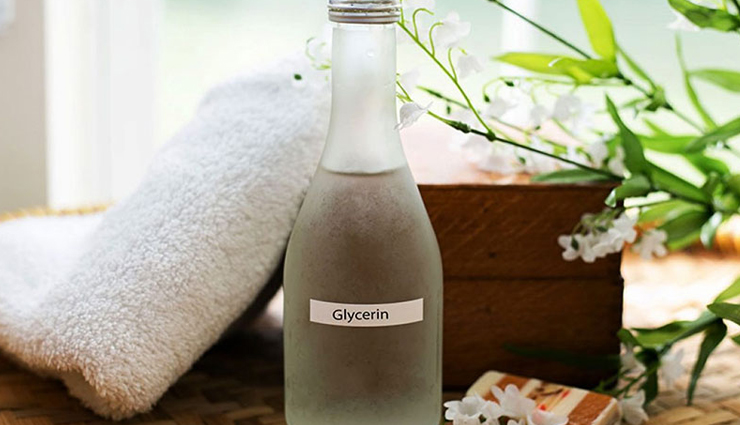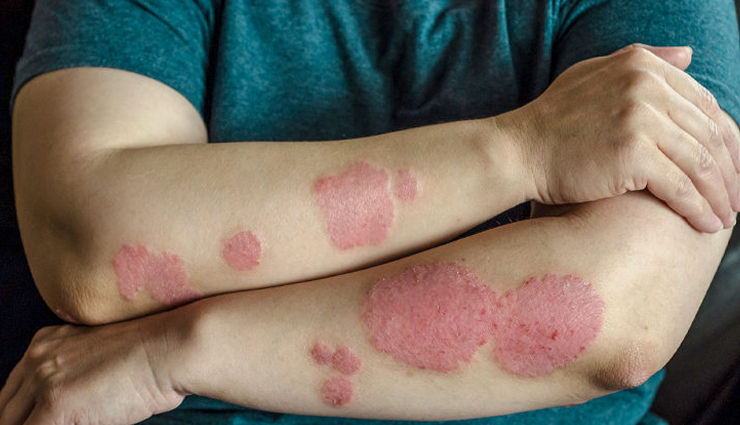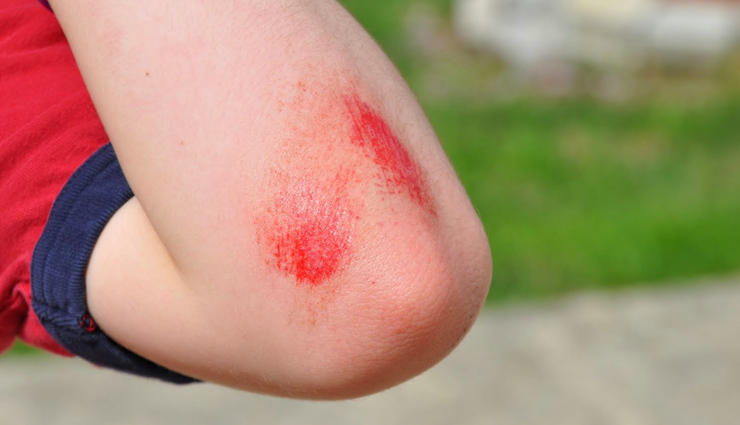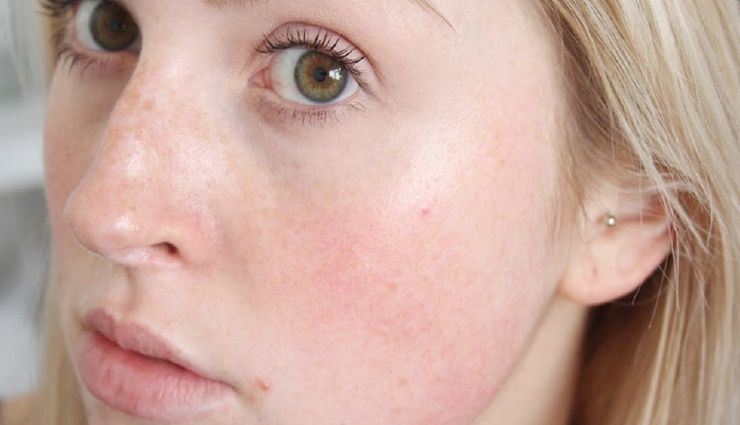5 Reasons Why You Should Use Glycerin For Your Skin
By: Kratika Sat, 09 July 2022 4:22:44

Look at the ingredient label of almost any skincare product in your toolkit and you’ll see glycerin listed there. So what exactly is this wonder ingredient? Glycerin or glycerol is an odorless, clear liquid that’s present in most natural plant and animal fats, including those in your own skin. Commercial glycerin is made from natural products like vegetable oils or synthesized via propylene alcohol. This ubiquitous ingredient then makes its way into most soaps and skincare products. Here’s exactly how glycerin can help your skin. Just be sure to pick a plant-based glycerin instead of a chemical-derived one and make the most of the following benefits.

# Hydrates Skin
Glycerin is a natural humectant. This means that when it’s applied to your skin, it attracts moisture to the upper layer. It can, therefore, help maintain your skin’s barrier and prevent dry and flaky skin. There is, however, a caveat when you use it as a moisturizer. Glycerin draws moisture to the surface of the skin from wherever it finds it. And when the environment is humid, it may draw moisture out of the atmosphere (what’s called hygroscopicity). However, if the atmosphere is dry, it may pull out moisture from deeper layers of your skin and bring it to the surface, from where it can be dissipated. While this will still keep your skin looking moisturized and plump, it can mean a loss of hydration at deeper skin layers. This problem can largely be tackled by using glycerin along with an occlusive emollient, that is, waxy or oily substances such as beeswax, cocoa butter, or grapeseed oil that can block the evaporation of moisture from the surface of your skin.

# Is Suitable For Acne-Prone Skin
If you are prone to acne, you may be wary of using skincare products that can clog up your pores. Oily skin is an easy target for acne as plugged skin pores and bacteria that grow there are the root cause of pimples. So greasy skincare products are a strict no-no for those with acne. Glycerin will work well for you in such a scenario because it is non-comedogenic and won’t block your skin pores.

# Helps Tackle Psoriasis
Psoriasis, a skin disorder which causes red, thick, and scaly skin, affects more than 3% of Americans.4 Glycerin can help people with this condition by signaling skin cells to work and mature properly. Normally, young skin cells in deeper skin layers whose main function is replicating will move up to become mature surface cells and make the skin’s protective barrier. But in people with psoriasis, skin cells grow or replicate too much. Glycerin can work as a signal to modulate this process by helping direct these cells through normal stages of maturity, essentially telling them it’s time to stop growing and become mature. The hydrating property of glycerin can also help people with this condition since psoriasis is made worse by dry skin.

# Helps Heal Wounds
Glycerin has also been found to help with wound healing and can be used on minor cuts, scrapes, and bruises. For instance, if you have sore nipples from breastfeeding, using a glycerin dressing pad between nursings may quicken healing by keeping your skin moist.

# Soothes Irritated Skin
Many things can irritate your skin – think soaps and cosmetics! But glycerin has anti-irritant properties. One study induced irritation by washing the arms of volunteers with nonanoic acid and sodium lauryl sulfate. When glycerin was applied immediately afterward, it was able to reduce the irritant effect of both these substances.





